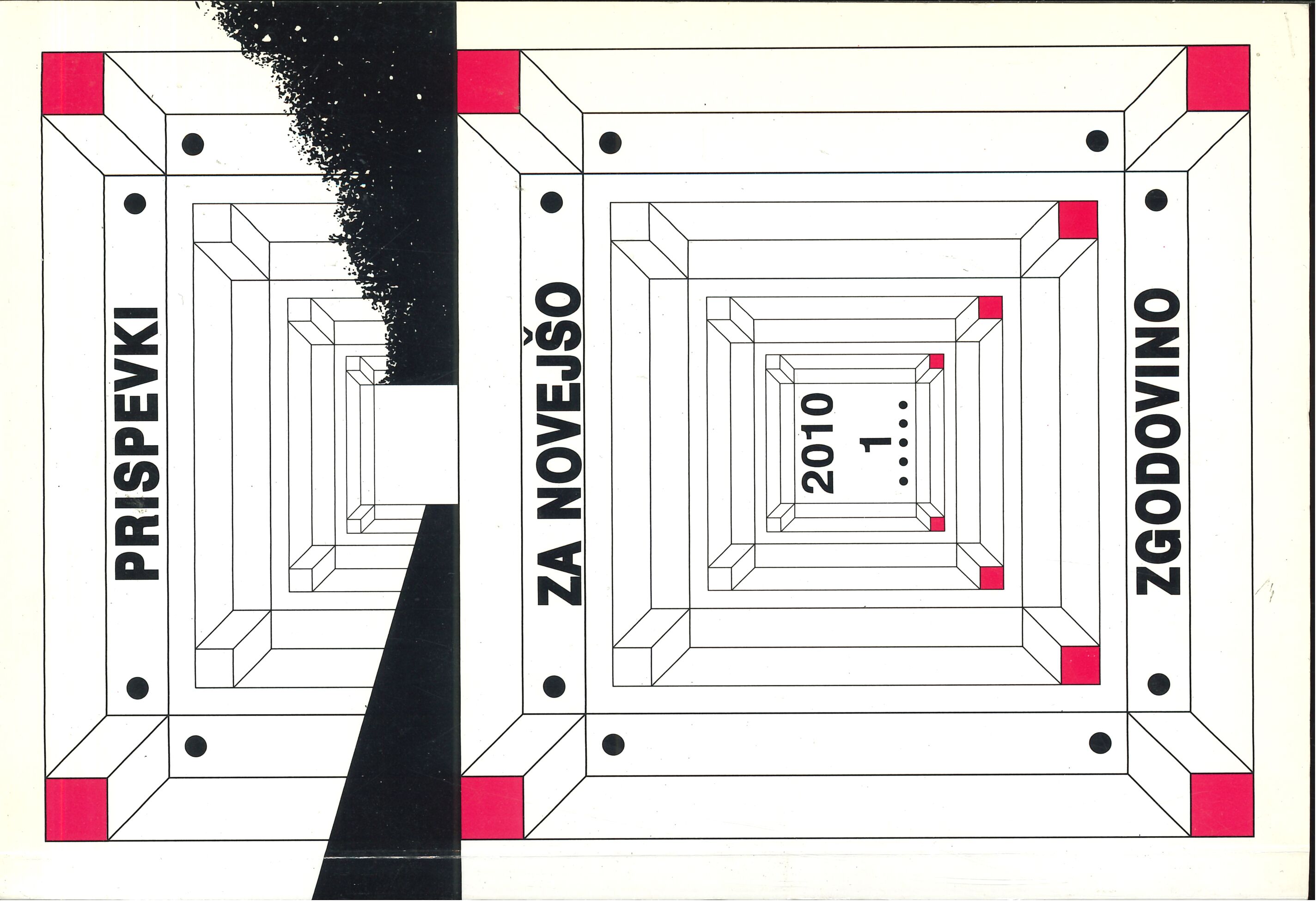Corfu Channel Incident - the Final Break-Up between the Albanian Regime and the Western Superpowers. Yugoslav Exploits in the beginning of the Cold War
Keywords:
Albania, Yugoslavia, Great Britain, Cold WarAbstract
On the basis of available archive materials, the following contribution outlines the role of the Yugoslav leadership in the first skirmishes of the Cold War, especially the mine laying in the Corfu Channel. Namely, in 1946 the relations between Yugoslavia and the Western Allies became very tense, and this lasted until the ultimate break-up between Yugoslavia and the Soviet Union. This phenomenon was not only characteristic for Yugoslavia. However, this country was most consistent and independent of all the communist states, which did not always make the best impression on the Moscow circles. Yugoslavia also intervened fatally in the international relations of its close but subordinated ally Albania with the West. Namely, with the agreement of the narrower Albanian leadership it prevented the British recognition of the Albanian government and the improvement of the Albanian relations with the Western superpowers, ensuring, in the key moment, the strengthening of its influence in Albania, which then became also formally and legally almost all-encompassing.
Downloads
Published
Issue
Section
License
Authors who publish with this journal agree to the following terms:
- Authors retain copyright and grant the journal right of first publication with the work simultaneously licensed under a Creative Commons Attribution License that allows others to share the work with an acknowledgement of the work's authorship and initial publication in this journal.
- Authors are able to enter into separate, additional contractual arrangements for the non-exclusive distribution of the journal's published version of the work (e.g., post it to an institutional repository or publish it in a book), with an acknowledgement of its initial publication in this journal.
- Authors are permitted and encouraged to post their work online (e.g., in institutional repositories or on their website) prior to and during the submission process, as it can lead to productive exchanges, as well as earlier and greater citation of published work (See The Effect of Open Access).


